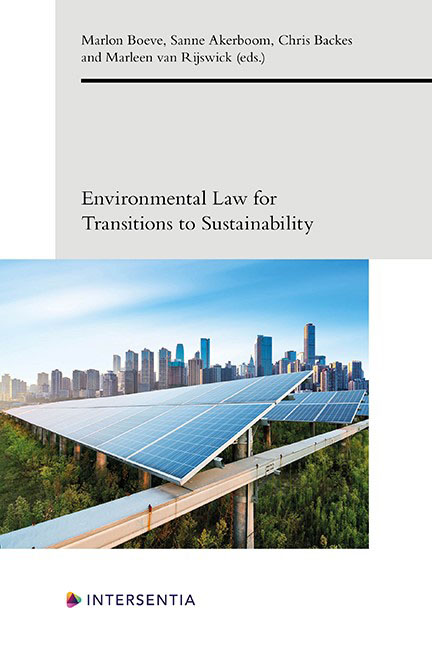Towards a Cumulative Effect in Combating Climate Change with Special Focus on Disaster Risk Reduction: Paris Agreement, SDGs and the Sendai Framework
Published online by Cambridge University Press: 11 November 2021
Summary
NTRODUCTION
Various dimensions of the challenge of combating climate change are today reflected in many international instruments. The current level of international legal practice requires states to periodically submit reports on the fulfilment of obligations stipulated by these acts. There is a tendency for various state bodies to prepare reports on various international acts and provide incomplete or contradictory information that does not allow assessment of the real situation in the field of combating climate change and showing the interconnection of these acts. In this contribution, as a narrower example, we will examine how the problem of climate change – with special focus on disaster risk reduction – is reflected in three international documents (Sustainable Development Goals (SDGs), the Paris Agreement, and the Sendai Framework for Disaster Risk Reduction ), how states report on them (in order to highlight best practices that show the interrelation of the three documents) and what can be proposed to increase efficiency in this area of international cooperation. At the same time, the current contribution relates to the theme of the conference. Moving towards fundamental transition processes to a sustainable future requires a special approach to rule-making. When discussing questions like what kind of law optimally encourages disruptive or breakthrough innovations, we should note that it is necessary to combine hard law and strategic softlaw and to provide reporting mechanisms; moreover, it is important to go down to the level of the reporting criteria of states and provide a detailed manual on reporting. In this regard, we need new international collaborative structures that will ensure that these manuals reflect the relationship between the reports and that there are references to other international acts. At the same time, at the state level, reports are prepared by different ministries and departments, which makes it very difficult to avoid repetitions and to show consistency in solving the problem. So, we need also national collaborative structures. It seems that just such detailing can become a successful element on the path of the fundamental transition processes to a sustainable future.
- Type
- Chapter
- Information
- Environmental Law for Transitions to Sustainability , pp. 99 - 108Publisher: IntersentiaPrint publication year: 2021



